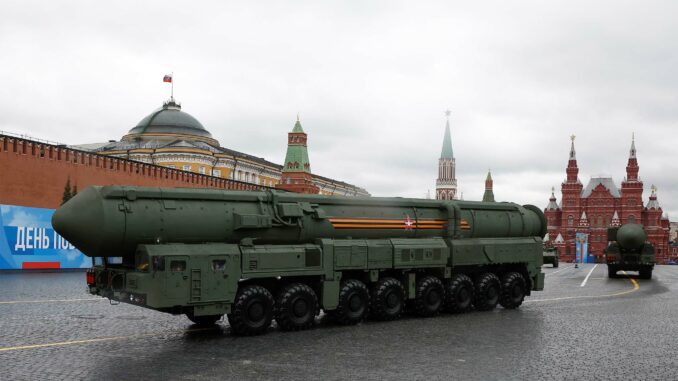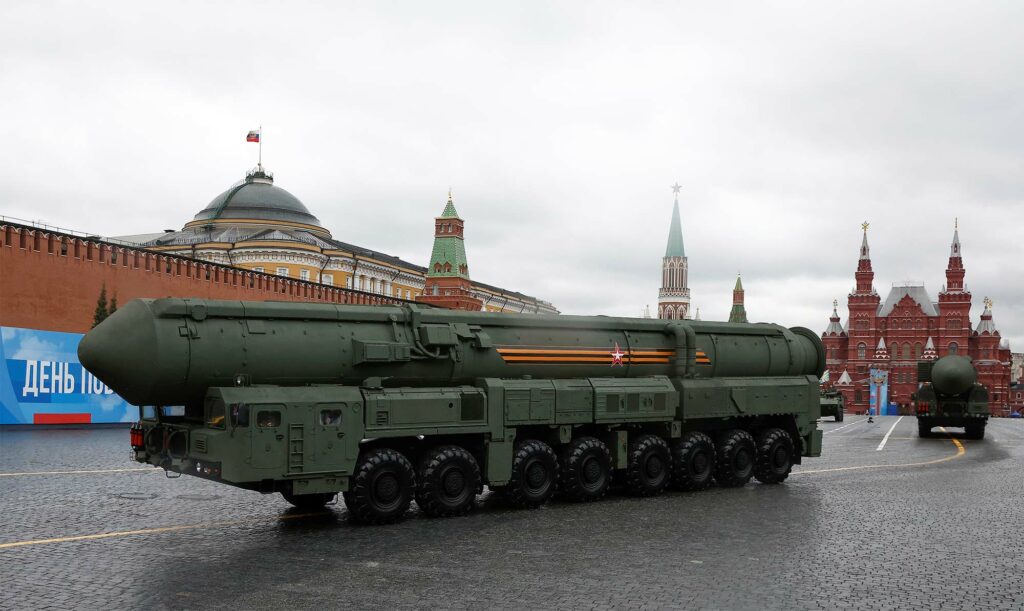
In-depth analysis of the Russian smuggling industry exploiting European technologies despite EU sanctions, impacting global security.
The Russian smuggling industry represents a major challenge for the international community, particularly in the context of sanctions imposed by the European Union (EU).
The failure of European sanctions
Despite strict EU sanctions aimed at preventing Russia from acquiring critical technologies, items worth over $20 billion have found their way from EU countries to Russia. These technologies, essential to Russia’s military arsenal, are being used in the conflict with Ukraine. The constant flow of these sanctioned goods underlines the ineffectiveness of current measures, and puts the EU under pressure to strengthen its sanctions and make them effective.
Smuggling routes
Russia has skilfully exploited a network of third countries, including Turkey, the United Arab Emirates, Serbia and China, which have long turned a blind eye to these smuggling activities. Neighboring states such as Uzbekistan, Kazakhstan, Kyrgyzstan and Armenia were also involved, enabling the transit of sanctioned goods to Russia. Although legal shipments from the EU officially ceased after the start of the conflict, smuggling through these third-party nations quickly filled the gap, ensuring a continuous supply.
Consequences for Ukraine and the EU
Ukraine, on the front line, is suffering the direct consequences of this sanctions failure, facing a shortage of armaments due to slow production by EU nations and political pitfalls in the US that are hampering the delivery of substantial military aid. This critical situation raises questions about the effectiveness of international assistance and the speed of response to Ukraine’s urgent needs.
Strategies for improving sanctions
Faced with this reality, the EU is stepping up its efforts to stem this illegal flow, considering strict measures against countries facilitating or profiting from smuggling. The adoption of export restrictions and diplomatic cooperation with third countries are at the heart of strategies to limit re-exports to Russia. The EU is also considering increased powers to ban exports of sanctioned goods in the most egregious cases, although the use of these tools is still subject to debate within member states.

The role of European companies
Intriguing is the finding that some EU-based companies contribute to the export of prohibited products, sometimes deliberately, often via legitimate buyers who then resell the goods to entities engaged in smuggling. This lucrative, if risky, trade seems to appeal to European companies, attracted by the high profits and appearances of legality provided by official documentation.
Dual-use goods
A particular dilemma lies in the category of dual-use goods, which can be used for both civilian and military purposes. While the EU allows certain exceptions for the export of such goods to Russia, the line between humanitarian assistance and indirect military support remains blurred, raising complex questions about the ethics and effectiveness of sanctions.
This review highlights the complex challenges facing the EU in its attempt to control the flow of sensitive technologies to Russia. Despite the clear intentions of sanctions, the ingenuity and perseverance of smuggling networks highlights the need for a more strategic and coordinated approach.
The imperative of transparency and control
The effectiveness of sanctions depends on greater transparency and rigorous export controls. EU member states must intensify surveillance and information sharing to effectively trace prohibited goods from their point of departure to their final destination. This involves enhanced cooperation between government agencies, private sector companies and international partners to close the loopholes that enable smuggling.
Strengthening legislative measures
It is imperative that the EU strengthens its legislative framework to combat the detour of its technologies. This could include tougher penalties for companies that circumvent regulations, as well as incentives to encourage compliance. In addition, the implementation of advanced technologies for shipment tracking and product authentication could play a crucial role in preventing smuggling.
International collaboration
The fight against smuggling cannot be isolated to the EU alone; it requires international collaboration. Dialogues with third countries involved in smuggling networks must be intensified to build a global consensus on the importance of sanctions compliance. In addition, working in concert with international organizations could increase pressure on countries facilitating smuggling, while strengthening international standards against the illicit trade in military goods.
Awareness-raising and corporate responsibility
European companies play a central role in this issue and must be held accountable for their supply chains. Raising awareness of the legal and ethical consequences of non-compliance with sanctions is fundamental. Information campaigns and training could be developed to ensure that companies understand their role in international security and the risks associated with sanctions violations.
Towards reinforced vigilance
The persistence of smuggling of sensitive items into Russia despite EU sanctions raises crucial questions about the effectiveness of current measures. It is essential that the EU and its member states, in collaboration with the international community, reinforce their strategies to stem this scourge. This implies heightened vigilance, strengthened legislation, corporate accountability and deeper international cooperation. Only a holistic, integrated approach will make it possible to secure European interests and contribute to global geopolitical stability in the face of the challenges posed by the smuggling of sensitive technologies.
War Wings Daily is an independant magazine.